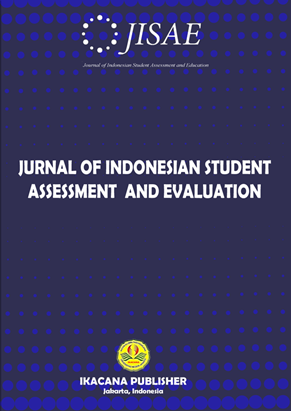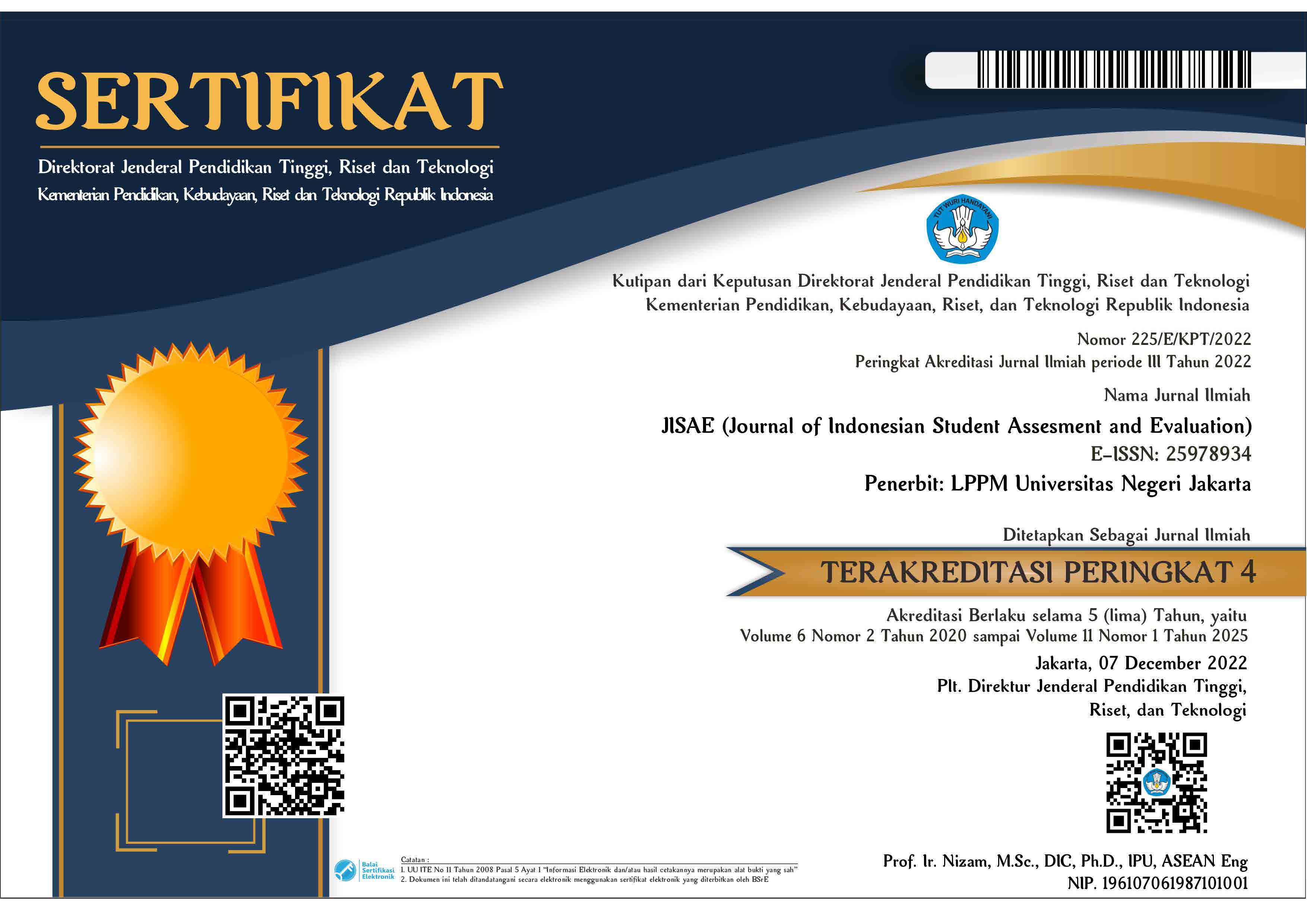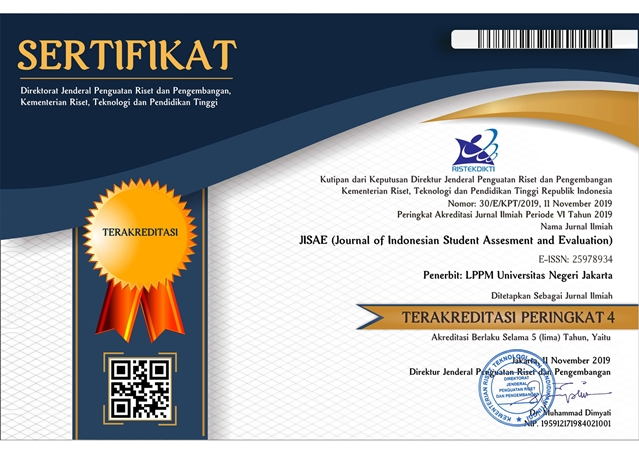The RELEVANCE OF THE CIPPO MODEL IN THE EVALUATION OF INDUSTRIAL WORK PRACTICES PROGRAMS IN INTEGRATED ISLAMIC VOCATIONAL SCHOOL
DOI:
https://doi.org/10.21009/jisae.v7i1.17886Keywords:
CIPPO, Industrial Practice Program, Integrated Islamic Vocational SchoolAbstract
This study aims to evaluate the industrial work practice program at the Integrated Islamic Vocational School through the Context, Input, Process, Product and Outcome approaches. This research is a quantitative description. The method in this study using a questionnaire. The research sample was one principal, two deputy head of industrial relations, one deputy head of curriculum, four teachers who supervised the industrial practice program, and 133 students. The results of the study show the suitability or relevance of the dimensions: 1) Context consists of the goals, competencies and work ethic of students as well as links and matches; 2) Input consists of planning, provisioning, curriculum, students, human resources, infrastructure and financing; 3) Process, consisting of mapping, implementation, monitoring, effectiveness; 4) Product consists of a competency test and certification; 5) Outcome consisted of student absorption and change in attitude skills. The results of the research can contribute to evaluating the overall industrial work practice program from various dimensions, so that it can increase the competency absorption of Integrated Islamic Vocational Schools in the business and industrial world.











